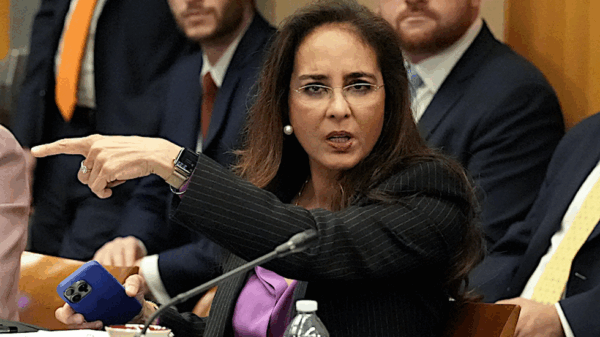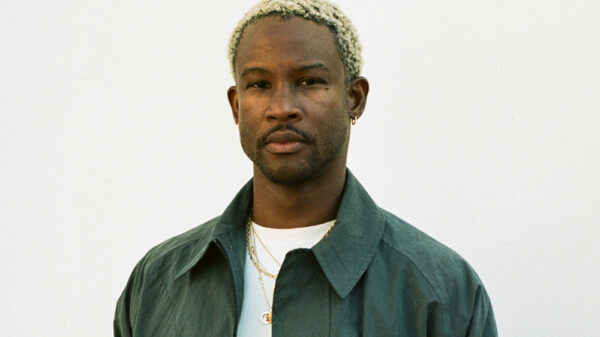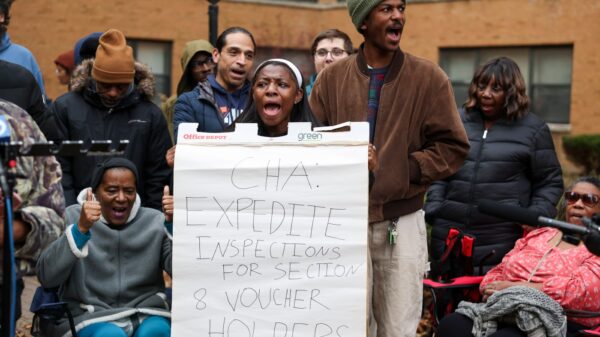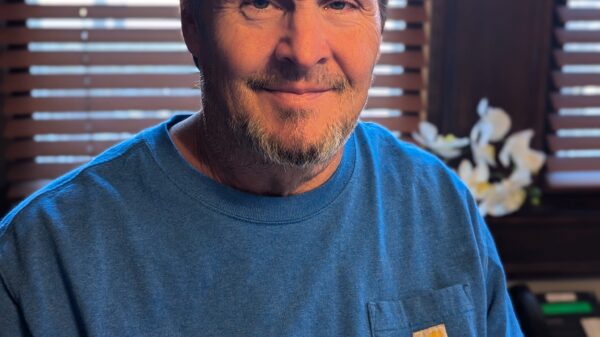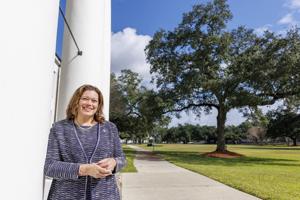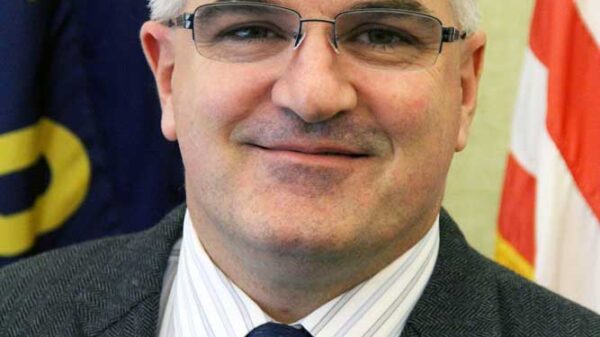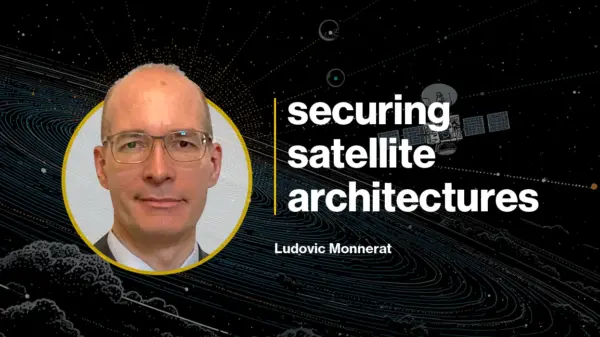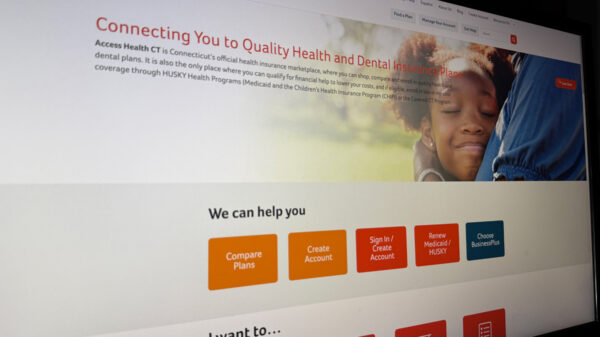UPDATE: Daylight saving time officially ends this Sunday at 2 a.m., and a new study from Stanford University reveals a growing consensus that this practice should be abolished permanently. As millions of Americans prepare to “fall back” and gain an extra hour of sleep, experts warn of the significant health risks associated with this twice-yearly clock adjustment.
In Berkeley, California, many residents, like Eugene You, a 20-year-old philosophy student at UC Berkeley, are just learning about the implications of this time change. “I had no idea you’d have to actually adjust the clocks,” he said, expressing surprise at the rituals surrounding daylight saving time. Others, like Thomas Tang, a 21-year-old economics major, welcome the change. “I’ll take one more hour of sleep,” he remarked while enjoying a late-night pizza.
However, not everyone is as relaxed. Residents like Catherine, a local mother, noted the challenges the transition poses for her young children, who struggle with the sudden darkness. “It’s confusing for the kids when we pick them up from daycare and it’s already dark outside,” she explained. As many as 300 million Americans will face this adjustment, which is set to repeat in March when clocks spring forward.
New research from Stanford highlights the health consequences of daylight saving time. The study indicates that the biannual clock shift disrupts our natural circadian rhythms, potentially leading to serious health issues, including obesity and stroke. Researchers estimate that eliminating daylight saving time could prevent obesity in more than 2.6 million individuals and reduce stroke incidents by up to 300,000 cases.
The study utilized data from the Centers for Disease Control and Prevention to assess health impacts linked to maintaining either daylight saving time or standard time. The findings suggest that the current system poses significant biological burdens that detract from overall well-being.
“Circadian rhythm is regulated by our internal clock, which is sensitive to light exposure,” Stanford researchers noted. The disruption caused by shifting the clocks can have profound effects on everything from mood to metabolic health.
Interestingly, public opinion appears to be shifting. A recent Gallup poll indicates that only 40% of Americans support daylight saving time, a significant drop from past decades. With more people questioning its validity, it’s clear there’s a growing desire for a permanent standard time.
Students at UC Berkeley are increasingly voicing their opinions on the issue. “Why don’t we just stick to one time?” asked Onyinye Boardman, a 20-year-old media studies major. “Honestly, I don’t see the point.” This sentiment resonates with many who are fatigued by the twice-yearly adjustments.
As the clock approaches 2 a.m. on Sunday, the debate over daylight saving time continues to gain momentum. Advocates for reform argue that a permanent shift to standard time could align better with natural human rhythms and improve health outcomes for millions.
With the end of daylight saving time just hours away, Americans are faced with a choice: adapt to another seasonal change or advocate for the elimination of this practice altogether. As the discussion evolves, it remains to be seen whether significant legislative changes will follow.
Stay tuned for further updates on this developing story.



